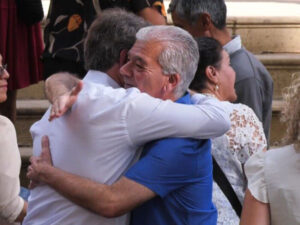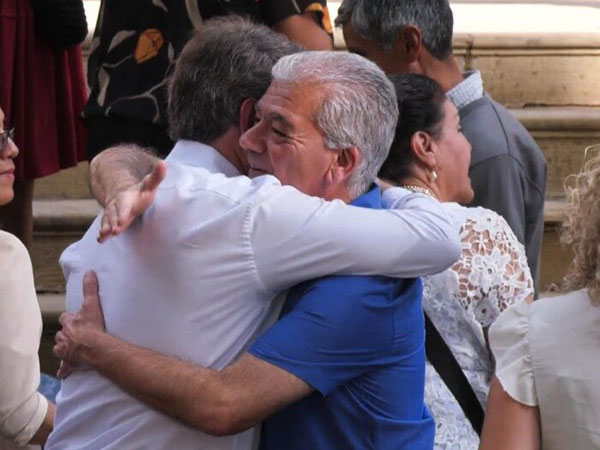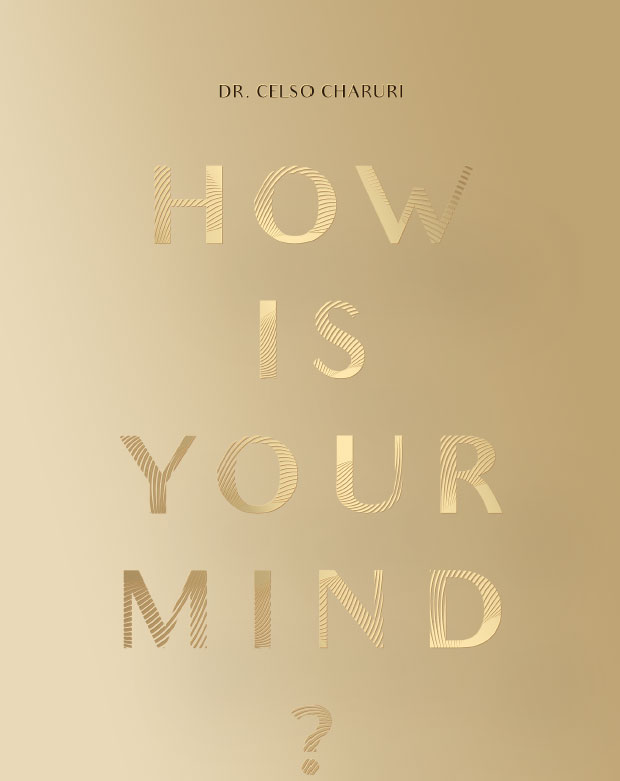A subtle food
A subtle food


An experience that is difficult to describe, fasting – that is, abstaining from food wholly or partially for a specific period and aiming to achieve some purpose. It is an ancient practice found in different times and eras of human history, in varied religions, peoples and cultures. The mysteries that surround it not only arouse the interest of scientists and other scholars, but also contradict the common understanding that the absence of food weakens the living body.
Nowadays, a lot of research has identified fasting as a cell renewal technique with consequent increase in life expectancy. Yoshinori Ohsumi, winner of the 2016 Nobel Prize in Medicine, discovered that fasting activates a self-defense mechanism produced by all cells in the body, characterized by autophagy, that is, cellular self-cleansing, which guarantees greater longevity. However, the more immediate issue is to determine the optimal time for its realization, since in excess, the effects become negative.
In modern history, individuals like Mahatma Gandhi have obtained significant benefits to their health and vitality through fasting, as well as using it as a non-violent and passive form of political manifestation. Gandhi stated: “For me, nothing more purifying and strengthening than a fast.” After being assassinated, at the age of 77, medical examiners at the autopsy identified that his organic condition was compatible with that of a 33-year-old, young adult.
In any form, fasting is also associated with the concept of mental or spiritual restoration. It is often tied to the feeling of faith and/or search for connection and understanding of something that is beyond the physical, material world. The practice requires and leads to discipline, self-control, concentration and fortitude, often combined with the exercise of meditation.









It is also valued in different religions, as seen in their sacred books, as an exercise of surrender, prayer and physical, medical and spiritual purification. In Islam, fasting takes place during the Ramadan period. It is understood as one of the five pillars of this religion and it is believed that its practice represents and leads to many reflections and benefits, such as human health, enhancement of the virtues, purification of the soul, self-knowledge and sincere love for God, representing will power to overcome the difficulties of life.
The Bible contains several references to fasting, which tell about the individuals who performed it (Moses, Elijah, John the Baptist, and the apostle Paul) and how they did it. Of particular note is the passage in which Jesus meditated and fasted for 40 days and 40 nights in the desert, preparing for his mission on Earth. St. Francis of Assisi also isolated himself in certain periods for fasting and prayer, seeking a connection with his master to understand the pathways he should follow.
Another example was Buddha, who, in his search for truth, remained for 49 days meditating and fasting. Through this process, he attained what he called Nirvana – a state of great mental peace. To this end, Buddha discovered the Middle Way, the path to truth through moderation and absence of extremism, thus freeing himself from pain and suffering.
The total or partial absence of food on a regular and controlled basis is presented to us, by science or by countless religions, as a fortifying, purifying and restoring food. Research so far seems to indicate that man does not live by bread alone, as if life were far beyond only what we can see.









